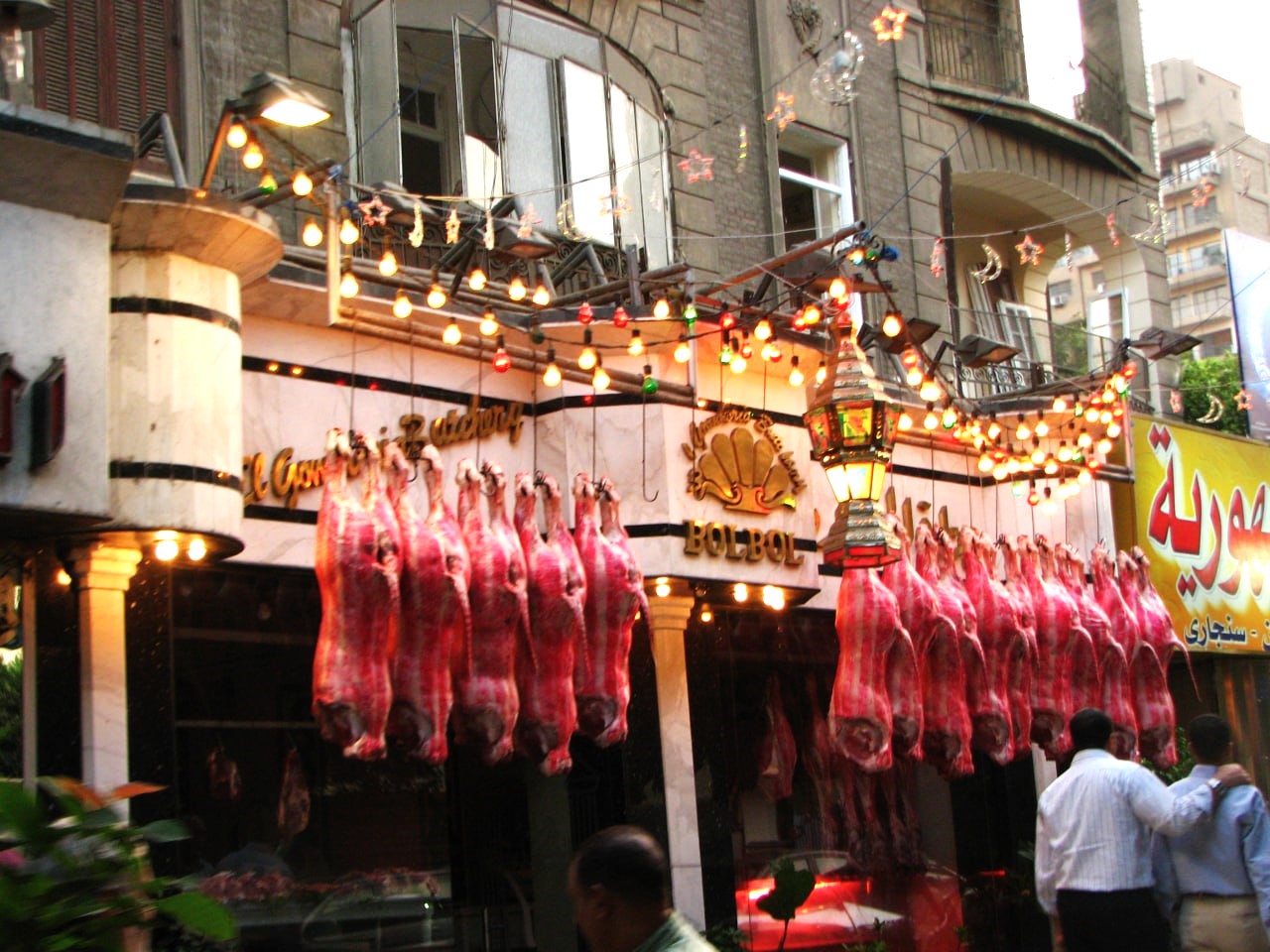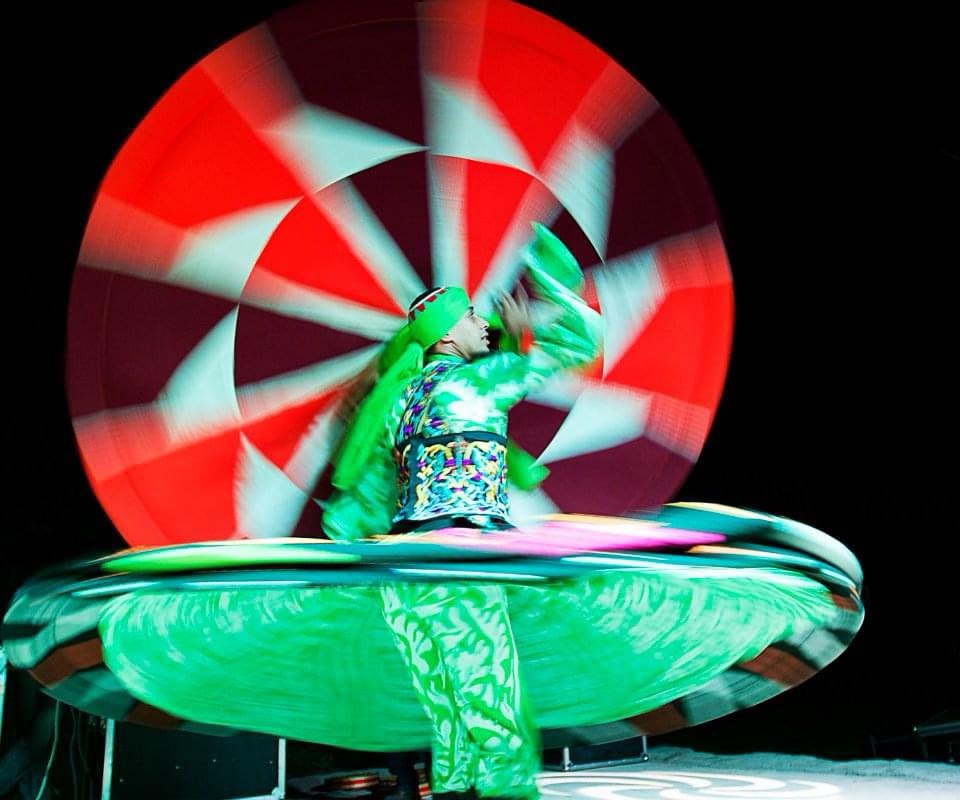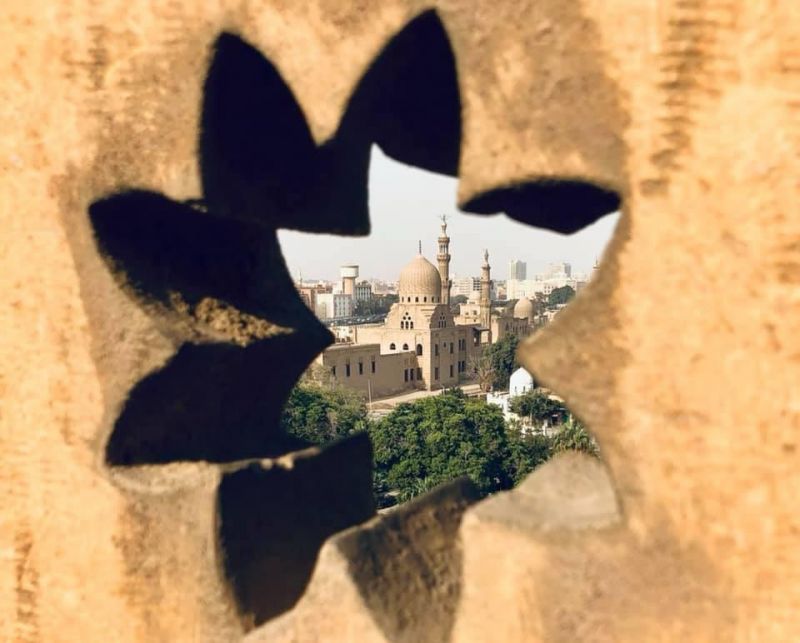The Holy month of Ramadan has begun in the Islamic countries. However, it did not start at the same time everywhere: the sighting of the new crescent Moon in the sky marks the end of Sha’ban, the eighth month of the Muslim lunar calendar (Hijri Calendar) and the beginning of the month of Ramadan. The process is observed from different parts of the Middle East, using telescopes, binoculars and other aids. However, even the Saudi skywatchers from the Royal Observatory, vested with the necessary official authority, were not immediately able to discern the emerging new crescent Moon in the twilight sky; and therefore, 11 Arab countries, including Saudi Arabia, the United Arab Emirates, Qatar, Lebanon, Egypt and six other states, began fasting on Monday, and Jordan, Oman and Asian countries such as Malaysia, Singapore, Brunei joined them on Tuesday.
For exactly one month, Muslims will have to abstain from eating, drinking, smoking, and sexual relations from dawn to dusk. After sunset, ‘iftar’ comes, which means ‘breaking fast’. According to the rules, people should first quench their thirst and satisfy their hunger with water, dates and milk, nuts and honey, and then, after their evening prayer, they can start a full meal, which sometimes lasts until early morning and ends with ‘suhoor’, the last meal before a sunrise when a new day comes. During the Ramadan nights, Muslims traditionally enjoy the time at parties, visiting friends or relatives, or staying at home with their families and watching premieres of soap operas and all kinds of entertainment shows on TV. A huge number of them are filmed specifically for the Ramadan season, which helps channels in competing with each other for ratings. One thing that is constant at this time is abundant feasts and delicious food served to family and friends.
One of the Five Pillars of Islam (the core beliefs and practices in Islam that each Muslim must fulfill in his or her lifetime, including profession of faith (shahada), prayer (sala), alms (zakat), fasting (sawn), pilgrimage (hajj) - ed.) instructs the faithful believers to spend their time in praying, reading the Koran (also called Quran, Qur’an), giving alms (zakat) to the poor people and setting ‘Iftar’ tables for them right on the streets. It is believed that during the Holy month of Ramadan, Allah makes decisions about the destinies of people. And therefore, it is more important than ever to behave the right way during the Holy month of Ramadan and respect the Five Pillars of Islam. During Ramadan, all feuds and quarrels should be forgotten, enemies need to sheath their weapons, and friends are advised to demonstrate generosity and friendliness, and generous hosts usually regale their guests with tasty food and always give food to the disadvantaged people.
Ramadan 1445 according to the Muslim lunar calendar turned out to be very difficult. Even Holy month of Ramadan did not make the guns be silent. The faithful believers in Lebanon are filled with foreboding and live in anticipation of war. The Palestinians of the Gaza Strip, despite all their hopes, will have to spend this month, like the previous four ones, under the explosions of shells and rocket attacks. The negotiators failed to achieve the much-needed and desired ceasefire for the Palestinians. Those who escaped death from the Israeli bombs are forced to huddle together in tents in the refugee camps in the southernmost Palestinian enclave bordering Egypt, and suffer from cold, hunger and diseases. The only thing they dream about during these days is to return to their homes, although most of their houses were ruined. “This Holy month of Ramadan is full of grief and blood,” says Auni al-Kayal, a 50-year-old Palestinian, sadly. “No Ramadan lanterns (fanous Ramadan) are seen, no beautiful bright lights, we don’t even have anything to put on the ‘iftar’ tables” to treat people”.

The tradition of setting the Ramadan tables for everyone goes back centuries. In Cairo, the streets are blocked for this purpose; rows of tables are placed directly under overhead roads and between houses. Dozens, even hundreds of people sitting side by side break their day’s fasting and treat themselves to plain food like nuts, dried fruits, vegetable snacks that are traditional in the Arab East, rice and chicken, and enjoy the beverages popular when observing Ramadan - most often, it is apricot pulp dissolved in water, it is usually prepared in advance like thin slices. This year, residents of many Arab countries are complaining about the exorbitantly high cost of the ‘Ramadan food basket’, which gives practically no chance to give some meat to the most disadvantaged groups of the population.
During the Holy month of Ramadan, shops, institutions and government agencies change their opening hours, business activity goes down, giving way to a level and almost philosophical way of life, when the time comes to think about the meaning of life, spirituality, piety, and doing good works. This time is not so much about entertainment, but about the opportunity to get a little closer to the Almighty.
Despite strict regulations, the Holy month of Ramadan is considered the most favorite fest in the Arab countries. During Ramadan, there are many garlands in the streets, the houses are decorated with neon stars and ‘crescent moons’. Ramadan lanterns are the most popular symbols of Ramadan, primarily in Egypt; the traditional lanterns of various sizes are put or hung at the entrance or at any place so that everyone could see them. As the story goes, on the fifth day of Ramadan in 358 AH (Anno Hegirae, meaning ‘in the year of the Hijra’) that was AD 980, the fourth Caliph of the Fatimid dynasty Al-Mu’izz li-Din Allah arrived in Cairo, and all residents were ordered to go out to the streets and welcome the ruler with candles to light his way. It was under this Caliph that Egypt was finally conquered and Cairo, a new capital of the Caliphate, was founded. People came out holding the lanterns they made using candles put on a wooden base, which were wrapped in paper or leather to protect against the wind. Since then, it has become a custom for every Muslim to light a Ramadan lantern. As soon as these traditional lanterns appear on sale, people expect the Holy month of Ramadan to come soon (it’s like a Christmas tree that is a symbol of the New Year in Russia). At the same time, streets, store counters and even buildings are decorated with fabrics with traditional festive Islamic designs.

During the Holy month of Ramadan, life in the Middle East slows down, people are active at night and do everything leisurely during daylight hours. All the pious Muslims observe the Fast, whose number is over 1.8 billion in the world observe fast during Ramadan. The Five Pillars of Islam are not so strict for warriors, travelers and women during certain periods of their lives. They are allowed not to observe fast during Ramadan, but it is advisable to fast later when they can.


